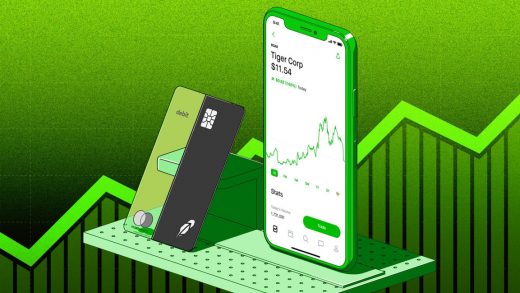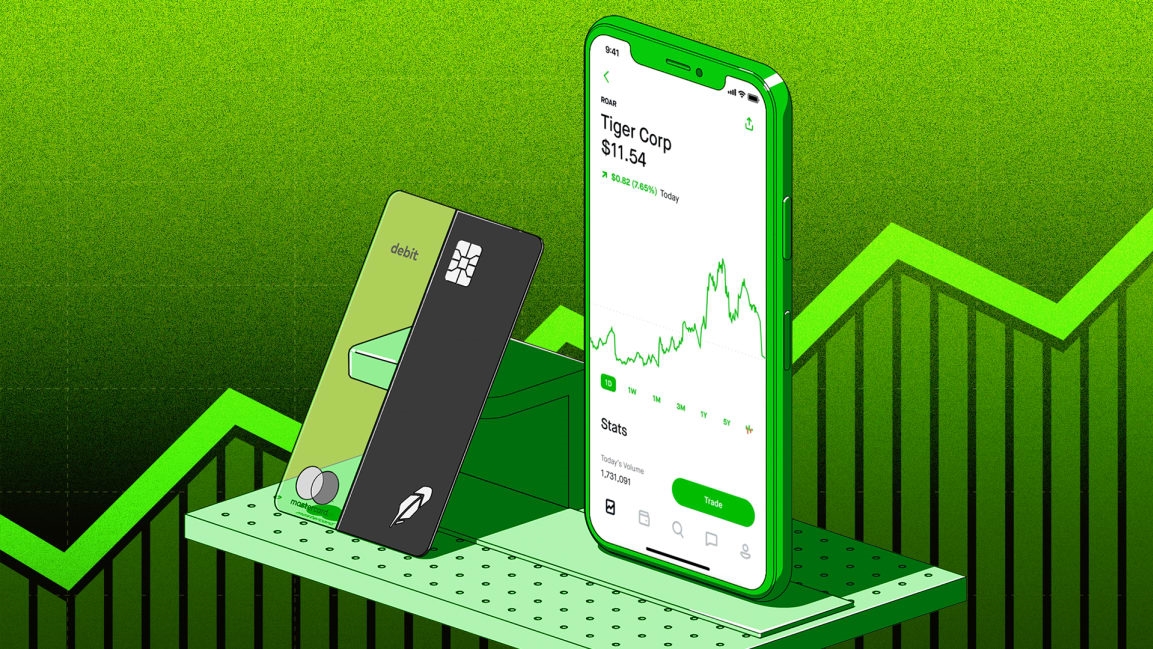Robinhood warns it may not be profitable after the pandemic in much-anticipated IPO filing
Robinhood is ready to give to the rich.
One day after it agreed to pay $70 million to settle a broad range of complaints related to its business practices, the online brokerage filed to go public in what will be one of the most highly anticipated stock offerings of the year.
The company, which rode a wave of new user growth as the pandemic transformed throngs of locked-down Americans into day traders, said it made net income of $7.4 million on revenue of $959 million in 2020. But it warned that future profitability could be elusive, especially as the COVID-19 crisis wanes and people spend less time staring at stock tickers and Reddit. In 2019, Robinhood reported a net loss of $107 million on revenue of $278 million.
In its filing with the Securities and Exchange Commission on Thursday, Robinhood said it had 17.7 million monthly active users and that more than half of those are first-time investors. The company intends to trade on the Nasdaq under the ticker symbol HOOD.
For a tech startup, Robinhood faces some unique challenges, notably how it might grow outside the United States. (It currently does not offer services to the public in other countries.) The company acknowledged that expanding to international markets will “expose us to significant new risks” with regard to regulation and even geopolitics.
Robinhood hopes to raise $100 million in the IPO. It has not announced a listing date.
(21)



